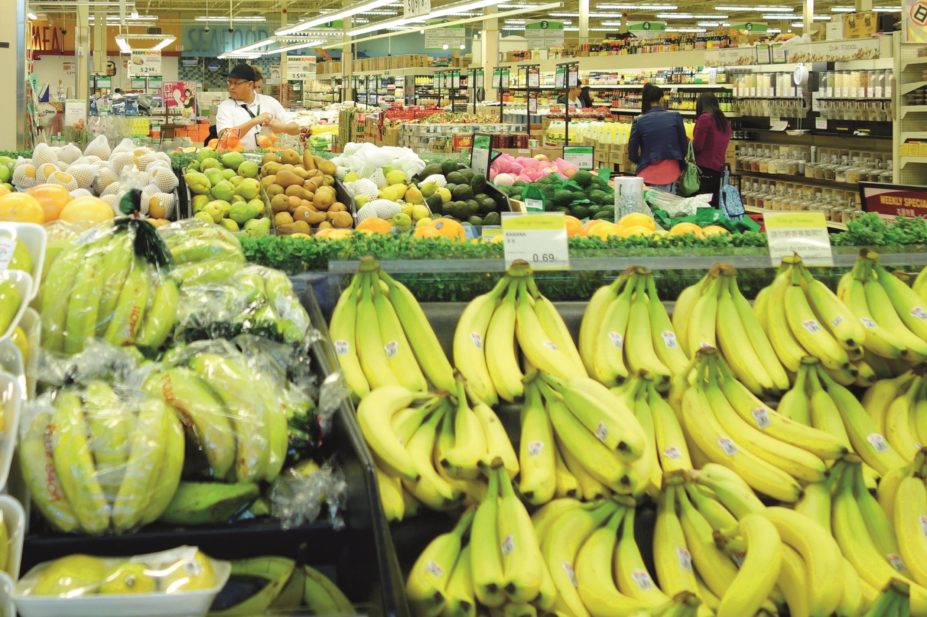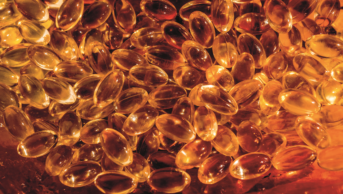
ValeStock / Shutterstock.com
Postmenopausal women who have a diet rich in potassium are less likely to suffer a stroke than women whose intake of the mineral is smaller, new research indicates.
The observational study[1]
followed more than 90,000 postmenopausal women for an average of 11 years and has demonstrated that the participants who ate the most potassium-rich foods were 12% less likely to have a stroke than those who took in the least potassium.
The study, published in Stroke, also found that the women who had the most potassium were 10% less likely to die from all causes than women who had the least.
“While previous potassium-related research has demonstrated that consumption of the mineral may lower blood pressure, this study definitively ties potassium to lowering postmenopausal women’s risk for stroke and even death,” says its senior author, Sylvia Wassertheil-Smoller, of the department of epidemiology and population health at Albert Einstein College of Medicine in New York.
The research also suggests that higher dietary potassium intake has the most beneficial effect in women who do not have high blood pressure. The women who ingested the most – and who had normal blood pressure and were not taking medication for high blood pressure – had a 27% lower ischaemic stroke risk, as well as a 21% decreased risk for all types of strokes.
“We don’t know why potassium prevents stroke, but the study suggests that its ability to do so is above and beyond its effect on blood pressure,” says Wassertheil-Smoller, emphasising that the women in the study who benefited from the mineral’s protective effect ingested it in food, not through supplements.
Wassertheil-Smoller highlights the relatively large amounts of potassium found in leafy greens, bananas, low-fat yogurt, white potatoes and salmon. Frozen fruits and vegetables also contributed and may provide economical choices for people wanting to increase their intake to the daily recommendation of 4,700mg, she says.
The women in the study were aged between 50 and 79 years and were enrolled between 1993 and 1998.
References
[1] Seth A, Mossavar-Rahmani Y, Kamensky V, et al. Potassium Intake and Risk of Stroke in Women With Hypertension and Nonhypertension in the Women’s Health Initiative. Stroke. Available from: doi:10.1161/STROKEAHA.114.006046 (accessed 4 September 2014)


